Property Talk: 'The worst of the market volatility' strikes the UK property market
The Halifax has reported the steepest price drop in almost a decade and a half — but is this the worst or just the start? Annabel Dixon takes a look.
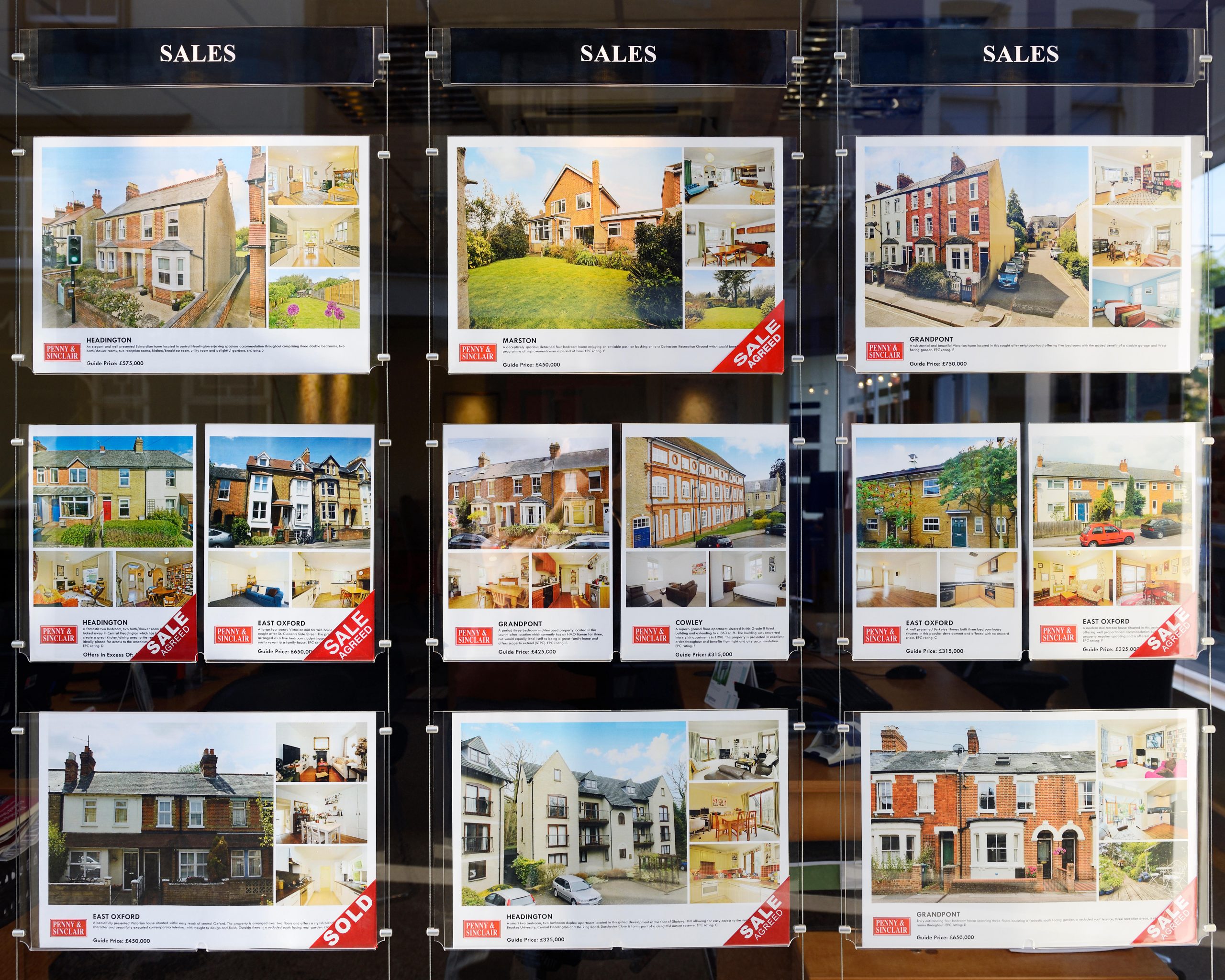

It’s been an eventful few months to say the least. And the decisions people have made in the face of changing dynamics are creeping into house price data. The latest batch, from Halifax, shows that average house prices fell by 2.3% in November — the biggest monthly drop since October 2008.
‘While a market slowdown was expected given the known economic headwinds…this month’s fall reflects the worst of the market volatility over recent months,’ explains Kim Kinnaird, director of Halifax Mortgages.
‘Some potential home moves have been paused as homebuyers feel increased pressure on affordability and industry data continues to suggest that many buyers and sellers are taking stock while the market continues to stabilise.’
The monthly drop in house prices is unlikely to bring much festive cheer to some corners of the housing market — investors and downsizers might be concerned. But it will come as welcome news for first-time buyers, points out Simon Bath, CEO of iPlace Global. Still, potential hurdles remain for buyers hoping to get onto the housing ladder, such as the rising cost of living and increasing interest rates.
An interesting nugget in the Halifax data is that Wales and south west England — both property hotspots during the pandemic — have seen the sharpest slowdown in annual house price growth. This suggests that pandemic-fuelled trends, such as the ‘race for space’ and demand for more rural lifestyles, are waning — a theme picked up recently by property portal Zoopla. It found that the number of new sales has fallen by up to 50% in property hotspots and high-value areas, such as the more pricey parts of southern England (excluding London), East Midlands and Wales.
What happens next? Market watchers may now be getting accustomed to falling UK house prices: November’s drop was the third in a row, according to Halifax. And there are forecasts that suggest the downward trend is set to continue in 2023.
But views vary, naturally. David Hannah, group chairman of Cornerstone Tax, predicts that we’ll see house price growth between 5-8% next year. Why? He expects growth to be led in large part by foreign buyer demand. ‘We now have a growing number of people that want to move to the UK,' he says.
Sign up for the Country Life Newsletter
Exquisite houses, the beauty of Nature, and how to get the most from your life, straight to your inbox.
'The first is the overseas investor who regards UK property as a safe haven for their money because the country they principally live in is not economically or politically safe. The second are those who want to become second homeowners. The third and final group is those who want to leave their country of birth and are in need of a home.’
Of course, no one knows for sure what’s in store for next year. But, as Kinnaird says, it’s worth looking at the big picture.
‘When thinking about the future for house prices, it is important to remember the context of the last few years, when we witnessed some of the biggest house price increases the market has ever seen.’
And those rises are considerable. Halifax data shows that prices are £46,403 higher than in March 2020, despite the recent dip.
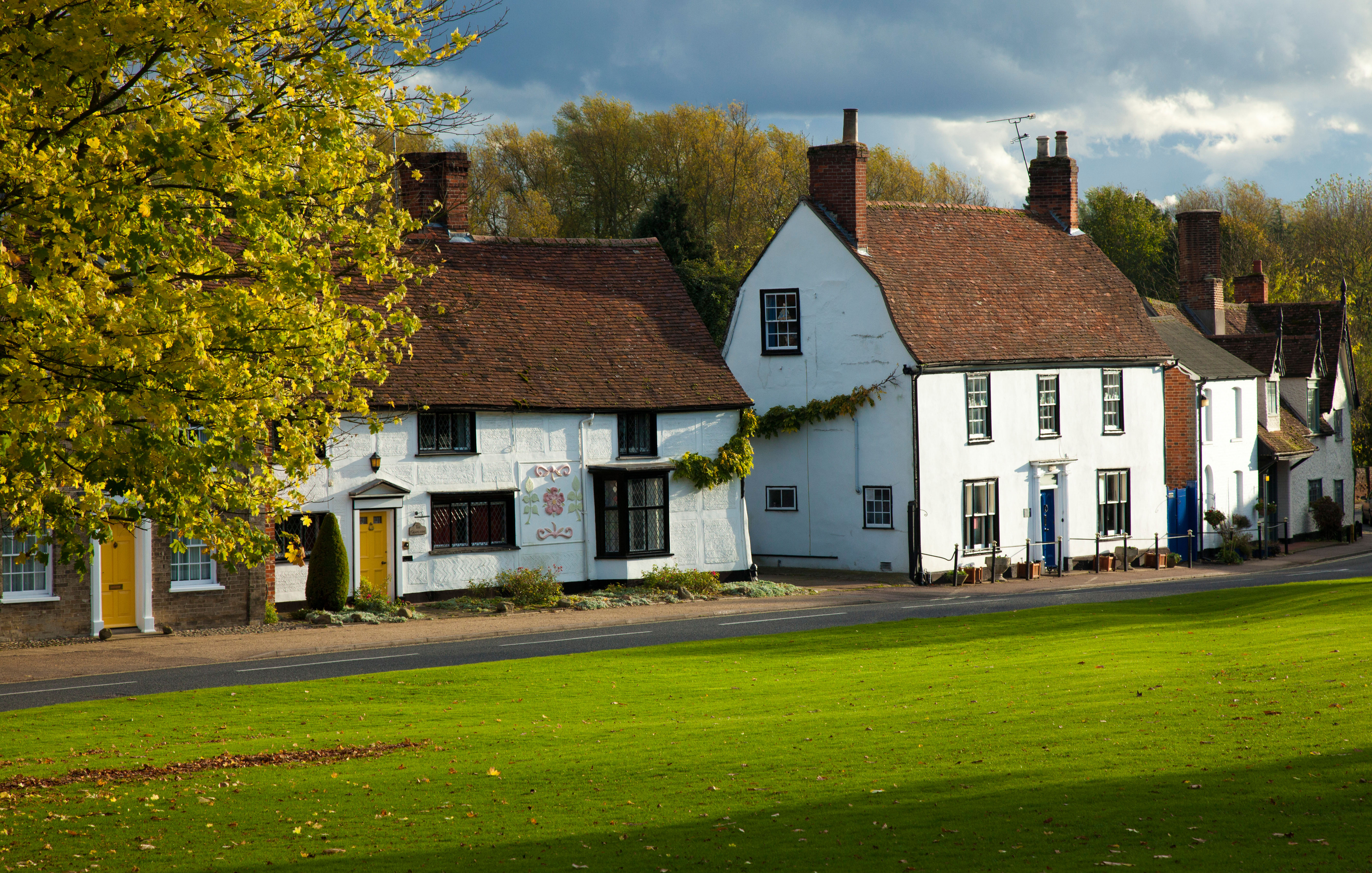
Credit: Alamy
Property Talk: What the Bank of England's interest rate rise means for the property market
The worst-kept secret in the world of finance was revealed on Thursday as the Bank of England raised interest rates
Property Talk: Is the property market cooling off — or just having an early Christmas?
Experts from Winkworth claim that the property market isn't in trouble, but simply having 'a slightly earlier Christmas' than normal;
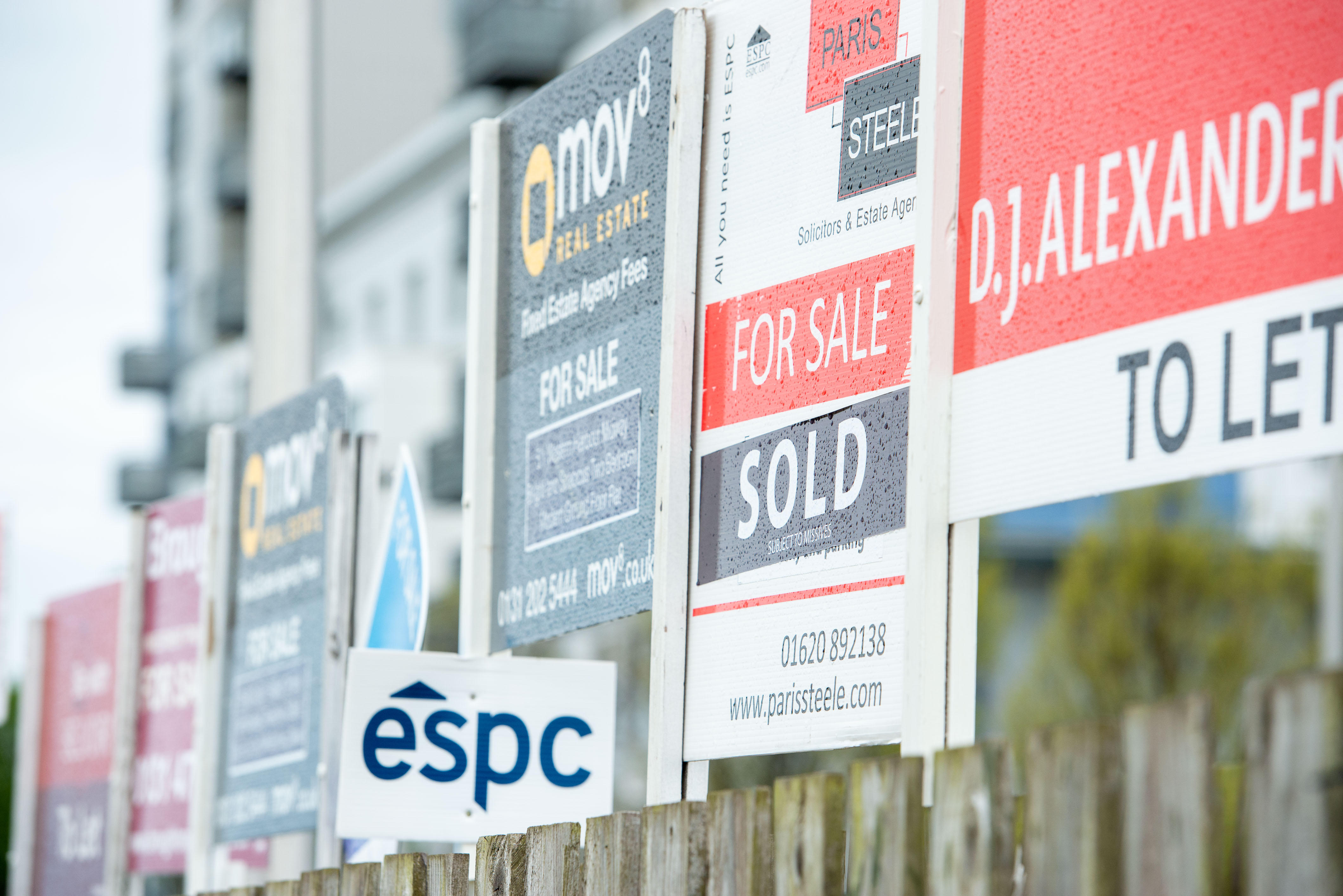
Credit: Ian Georgeson / Alamy Stock Photo
Property Talk: 1980s nostalgia is great... but not when it's about the property market
A dose of 1980s cultural nostalgia is always welcome, but economic nostalgia? No thanks. Inflation and interest rates are heading
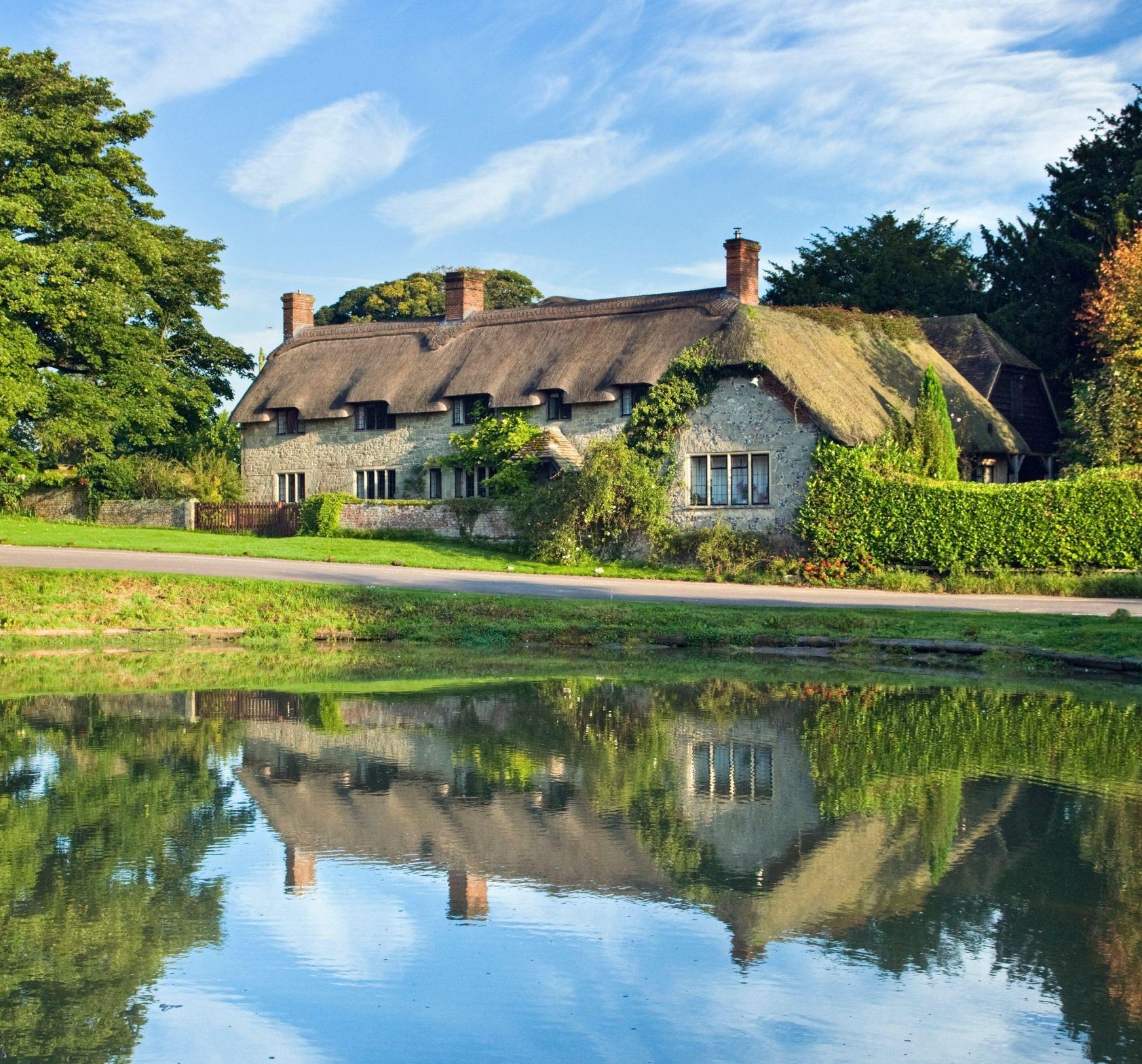
Property talk: 'Developments are beginning to be reflected in data... We are seeing a slowdown'
The latest news from the property market strongly suggests house prices have now tailed off — but where do they go
-
 'Monolithic, multi-layered and quite, quite magnificent. This was love at first bite': Tom Parker Bowles on his lifelong love affair with lasagne
'Monolithic, multi-layered and quite, quite magnificent. This was love at first bite': Tom Parker Bowles on his lifelong love affair with lasagneAn upwardly mobile spaghetti Bolognese, lasagne al forno, with oozing béchamel and layered meaty magnificence, is a bona fide comfort classic, declares Tom Parker Bowles.
By Tom Parker Bowles Published
-
 Country houses, cream teas and Baywatch: Country Life Quiz of the Day, April 24, 2025
Country houses, cream teas and Baywatch: Country Life Quiz of the Day, April 24, 2025Thursday's Quiz of the Day asks exactly how popular Baywatch became.
By Toby Keel Published
-
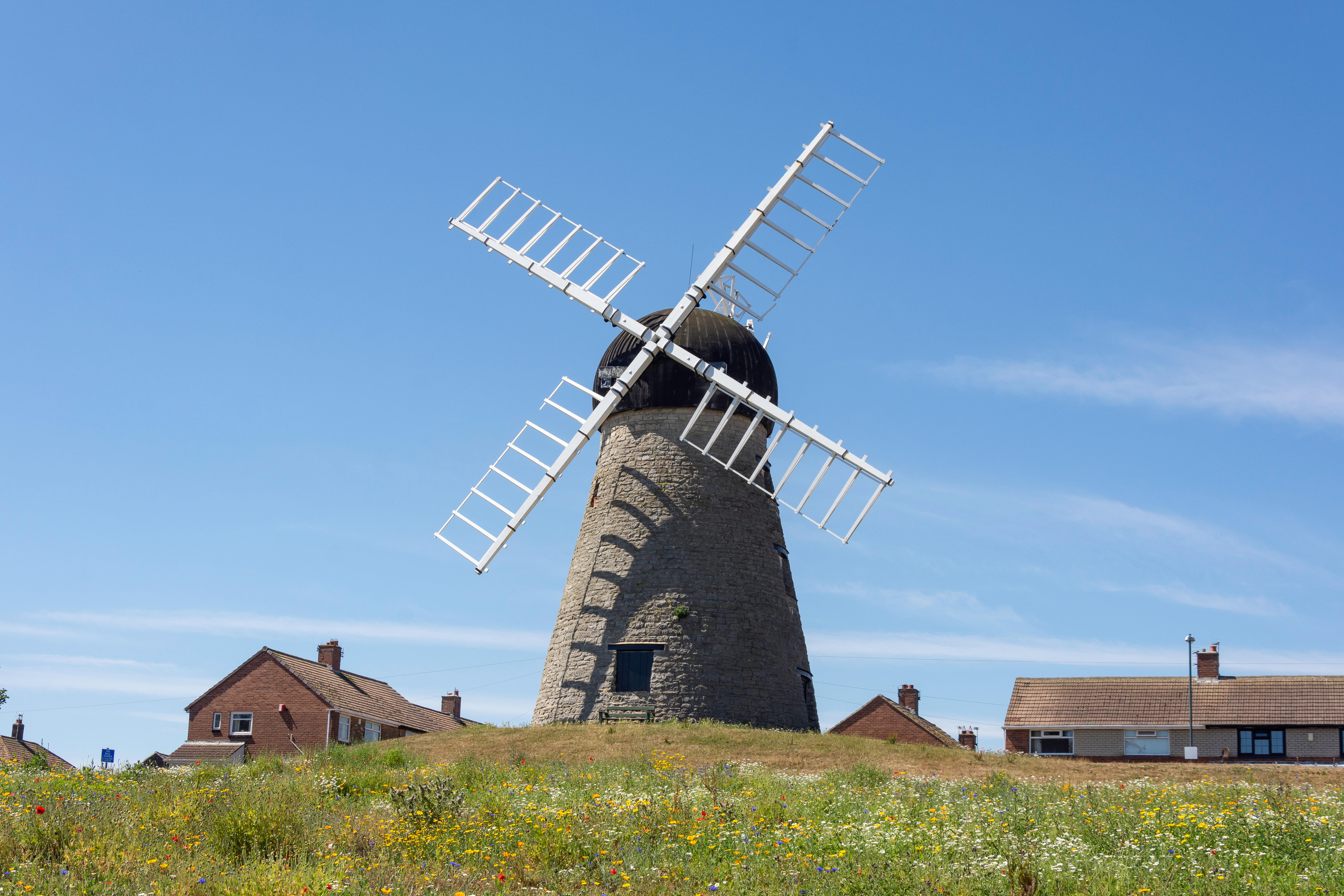 The 'best places to live' ranking that lists all 1,447 towns, cities and large villages in England and Wales — who is this year's winner?
The 'best places to live' ranking that lists all 1,447 towns, cities and large villages in England and Wales — who is this year's winner?Redbourn has been named the best place to live in the country.
By Annabel Dixon Published
-
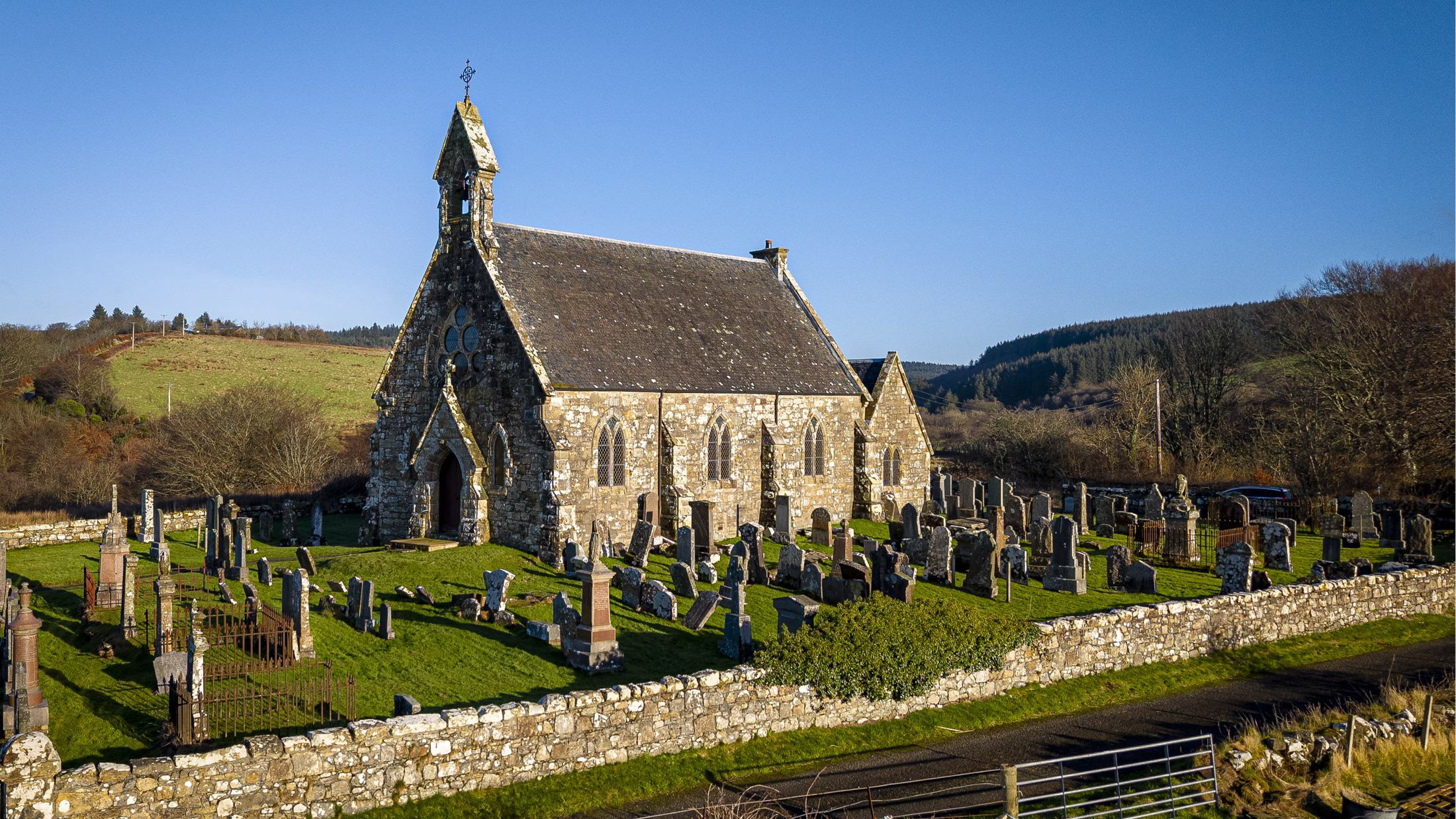 Some of Scotland's most beautiful churches are being sold off for as little as £40,000 — but a word of warning before you take the plunge
Some of Scotland's most beautiful churches are being sold off for as little as £40,000 — but a word of warning before you take the plungeLucy Denton examines how best to help former church buildings thrive as times move on and property changes hands.
By Lucy Denton Published
-
 Two-thirds of us buy a house and immediately set about refurbishing it
Two-thirds of us buy a house and immediately set about refurbishing itWe spend more buying our houses than on anything else in our lives — yet the first thing we do on moving in is set about changing the place. Annabel Dixon takes a look at what we do and why.
By Annabel Dixon Published
-
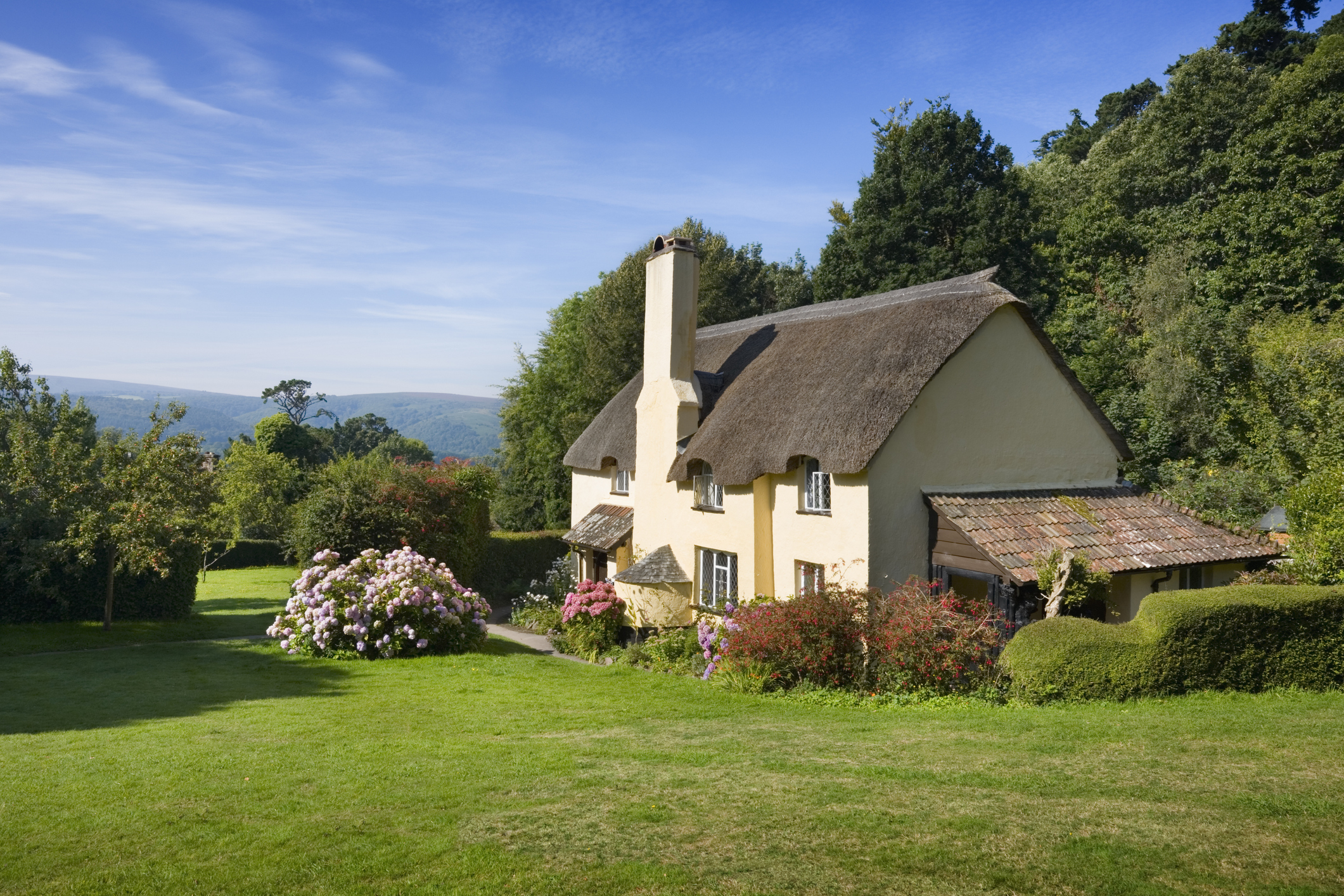 The Catch-22 that's clogging up the housing market? The over-50s sitting in half-empty houses while young families struggle to find homes that are big enough
The Catch-22 that's clogging up the housing market? The over-50s sitting in half-empty houses while young families struggle to find homes that are big enoughWhile the vast majority of empty nesters living in larger properties don’t intend to downsize, upsizers are struggling to climb up the housing ladder, says Regency Living.
By Annabel Dixon Published
-
 More than a quarter of parents 'bend rules or even lie' to get their children into the right school
More than a quarter of parents 'bend rules or even lie' to get their children into the right schoolA survey by Zoopla reveals just how far parents are prepared to go to get their child into a top school. So, what would you do?
By Annabel Dixon Published
-
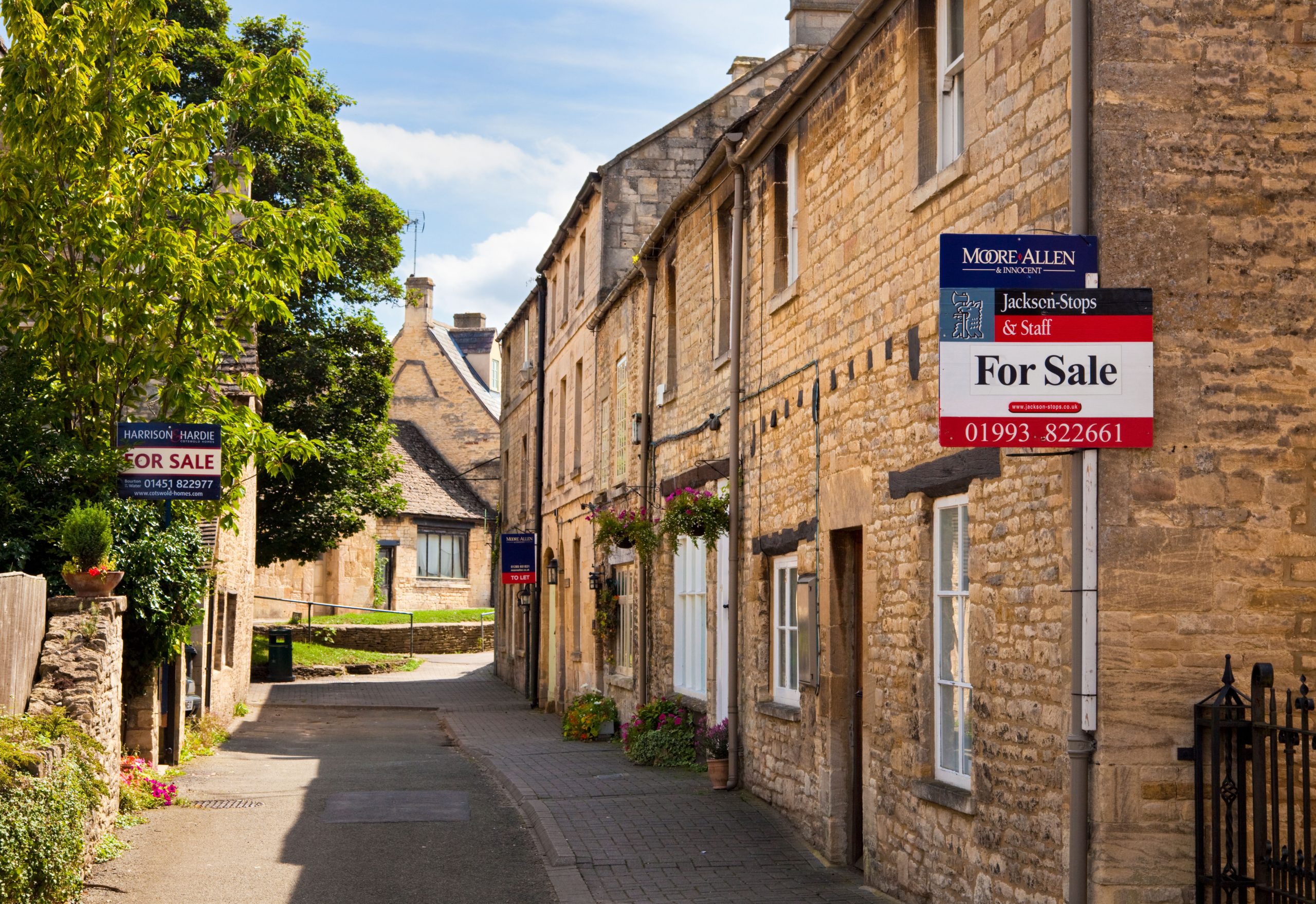 More than a quarter of property sales collapsed in 2024. Here's why.
More than a quarter of property sales collapsed in 2024. Here's why.The most common reason for sales falling through last year? Buyers pulling out or failing to renegotiate the purchase price following a property survey.
By Annabel Dixon Published
-
 'Like living in an episode of Top Gear': The beautiful rural spots where people use McLarens and Ferraris to pop down to the shops
'Like living in an episode of Top Gear': The beautiful rural spots where people use McLarens and Ferraris to pop down to the shopsUsing exclusive data compiled by Savills, Anna White takes us through the rural districts where you'll find the most supercars, and reveals the extreme lengths owners will go to look after them.
By Anna White Published
-
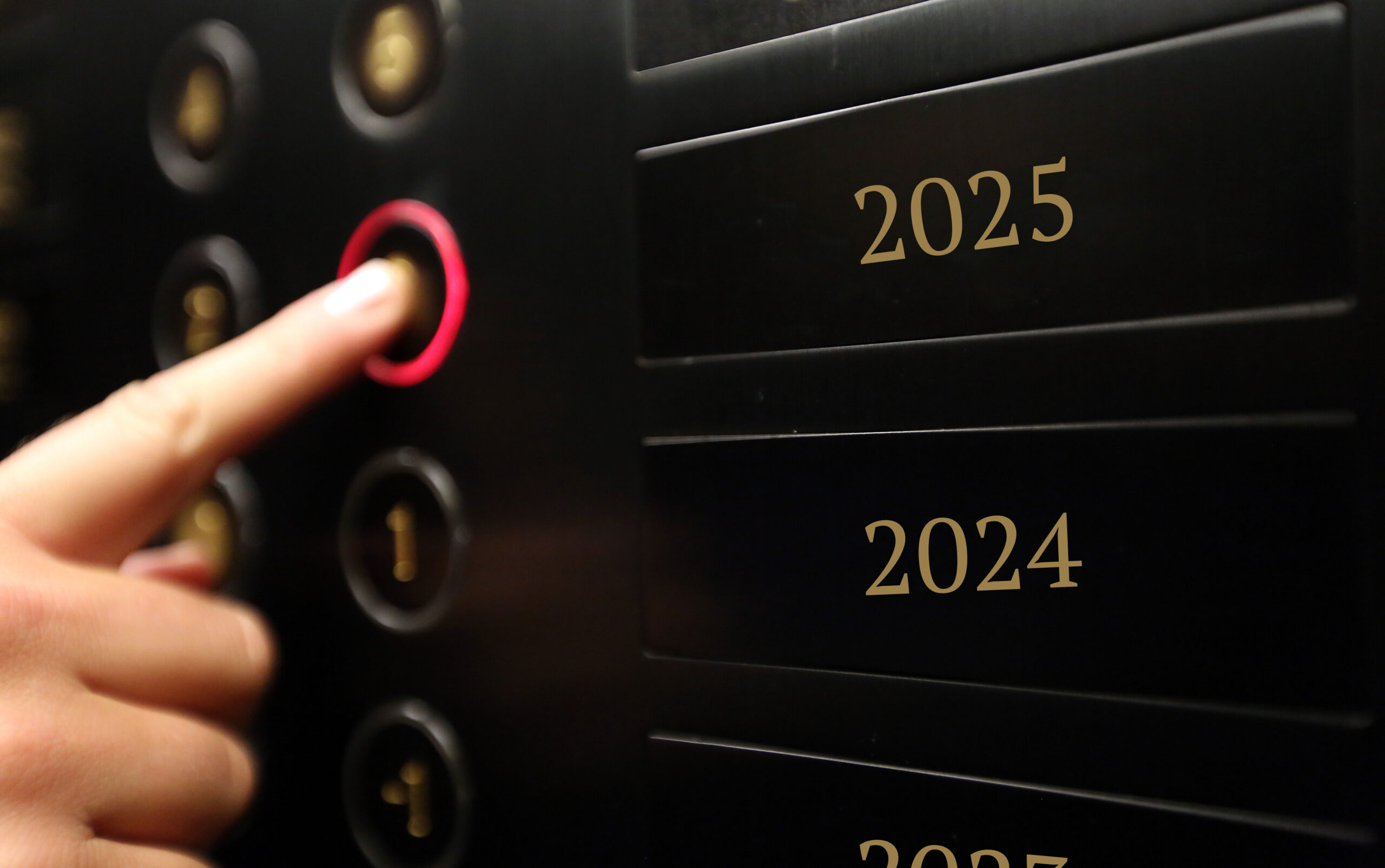 Going up? The property market's top experts on what will happen to house prices in 2025
Going up? The property market's top experts on what will happen to house prices in 2025After a jam-packed year, could a brighter and more stable housing market be around the corner? Here’s our round-up of house price predictions from those in the know.
By Annabel Dixon Published
